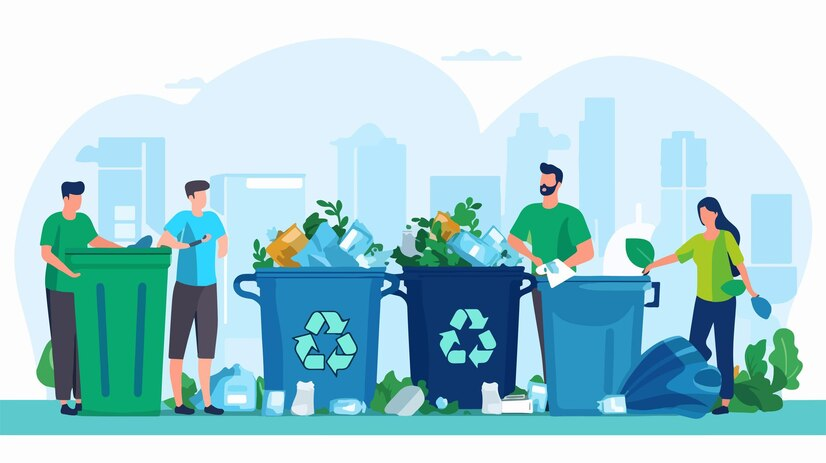Boost Efficiency and Accuracy with the Latest Waste Billing Software

The waste management business has grown to be more complicated and demanding for companies that need to streamline their operations, save on costs, and enhance customer satisfaction. Central to this effort is effective billing management that makes certain that services are accurately tracked and invoiced. For waste management companies, old or manual billing methods can easily go wrong, creating room for mistakes, inefficiencies, and lost revenue. Enter Waste Billing Software: the electronic solution that removes pains from the billing process and pushes all inaccuracies out of the system, at the same time also increasing efficiency of operations. In this article, the very latest benefits of waste billing software , main features, and how it might revolutionize the process of waste management companies' billing operations are presented. Why Waste Billing Software Matters Waste Billing Software is customized billing software designed exclusively for the waste management industry. I...

